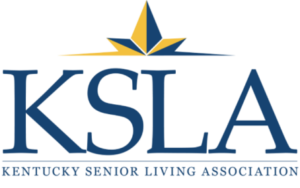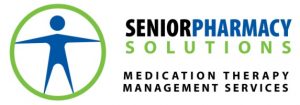
Important Consumer Information Message – Senate Bill 6
(from Lynn Harrelson, Senior Pharmacy Solutions)
Recently passed Senate Bill 6 went into effect as of July 14 and requires pharmacies to teach patients proper medication disposal techniques. Consumers may see signage on the doors of pharmacies or at the prescription counters. The following language is noted:
Safe Disposal of Medicines
To help reduce the chance that others may accidentally take or intentionally misuse unneeded or expired medications, you should dispose of them promptly when they are no longer needed.
Options include:
- Medicine Take-Back Programs, also known as drug toss, and usually hosted by various community groups when the required law enforcement personnel can be on site.
- Permanent Collection Sites may also be known as Drug Disposal Drop Off Centers, many of which are located at local police stations or health departments. Locations by county may be found Here.
- Sequestration or Deactivation Devices are bags of special compounds to which consumers add unused and unwanted prescription drugs. When water is added, the mix creates a "goo" that makes the drugs impossible to use. Once the bag containing the medications is activated with water, it can safely be thrown in the trash and will breakdown safely.
- Home Disposal Options Under Specific Circumstances. Certain medications require specific disposal for patient and environmental safety. For specific information, ask the pharmacist providing the medication or click Here.
Whatever method is used, remember that medications should never be flushed down the drain or toilet unless told to do so by a pharmacist or other healthcare provider.
Gain all the benefits KSLA has to offer
Join Now

PO Box 232, LaGrange, KY 40031
Phone: 502.938.5102

